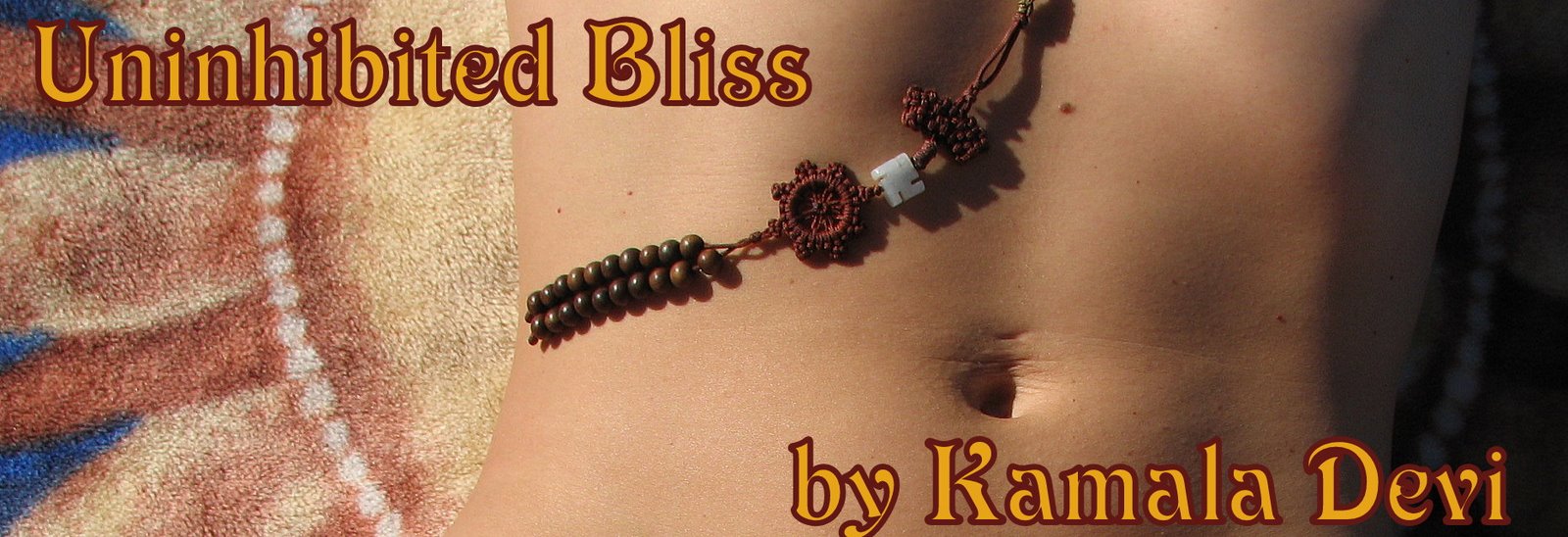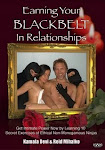
Kamala Devi remembers sitting in the waiting room at the gynecologists office filling out forms. The medical intake asked her to check a box by single or married. And there was a box by the question: how many men have you slept with? So she wrote #1. She was in college. She had a girlfriend, but the form didn’t ask how many women she was regularly sleeping with, (and it certainly didn’t ask how many men they were sleeping with) and sheI didn’t want her doctor to make any medical assumptions based on the fact that she had only slept with one man. So when the doctor entered she promptly told him, ‘this form doesn’t ask about sexual orientation (not to mention relationship geometry.)
A lot of people are against labels. They are seen as artificial constructs that perpetuate stereotypes. We’ve often heard people cry, “Don’t put me into a box. I not a commodity, you can’t put a label on me.” When asked about gender and sex identity these people may say they are “fluid” or even polymorphous to avoid labels. But of course, there are times, such as in a doctors appointment, or in a dating scenario when labels can be most helpful. Using simple labels can sometimes serve as an elegant antidote to a long complicated conversation. Without going into a drawn out discussion, when meeting new people, Michael and I say we’re in an open marriage. We don’t go into all of our agreements and boundaries unless they really want to know. And of course the term “open” doesn’t work for everyone, some people prefer the term “polyamorous” or “modern” or even “alternative” but ultimately it’s up to all individuals involved to select their own titles.
In contrast to those that reject labels, Kamala Devi is a label queen. She considers herself a “bisexual,” “poly,” “Mexican,” “Jew” (and in kink scene considers herself a “switch.”) She feels these labels are part of her identity and she is proud card carrying member of each of these circles. And she is none of these. Labels are best used as short-hand. They’re never a complete description.
‘Hello, my name is Reid” doesn’t really begin to say who I am. And when Reid actually introduces himself and says, “Hi I’m Reid” He can throw a lot of mojo about who he is and what Reid, stands for. And that’s the real fluidity behind a label. Twenty years ago, REiD wasn’t queer, or bisexual or even poly. And now that’s very much who he is. And ten years from now, who knows what his life might look like!?! So these shorthand labels are good for when you’re meeting people, and it can be really fun to get geeky and interrogate… what do these labels mean? what do you mean when you say, you’re queer? Or when you say you’re polyamorous? The labels can then become doors to conversations and a deeper way to connect with people.
When someone says they’re bisexual, Kamala likes to ask, what’s you’re percentages are you like 50-50% Usually bisexuals have a preference for one gender or another. And if you really want to get geeky…you can ask them what their percentage is in sexual fantasy vs. in their actual behavior. Thus we may begin to understand that what one person means when they use a label is very different from what someone else means. And it isn’t until we have these deeper conversations that we can ascertain whether this is someone with whom you want to get to know better, go out with, just be friends or make mad passionate love to.
Excerpt from FREE LOVE: Can you Really Afford it by Kamala Devi and REiD Mihalko
Copyright 4/24/09











No comments:
Post a Comment